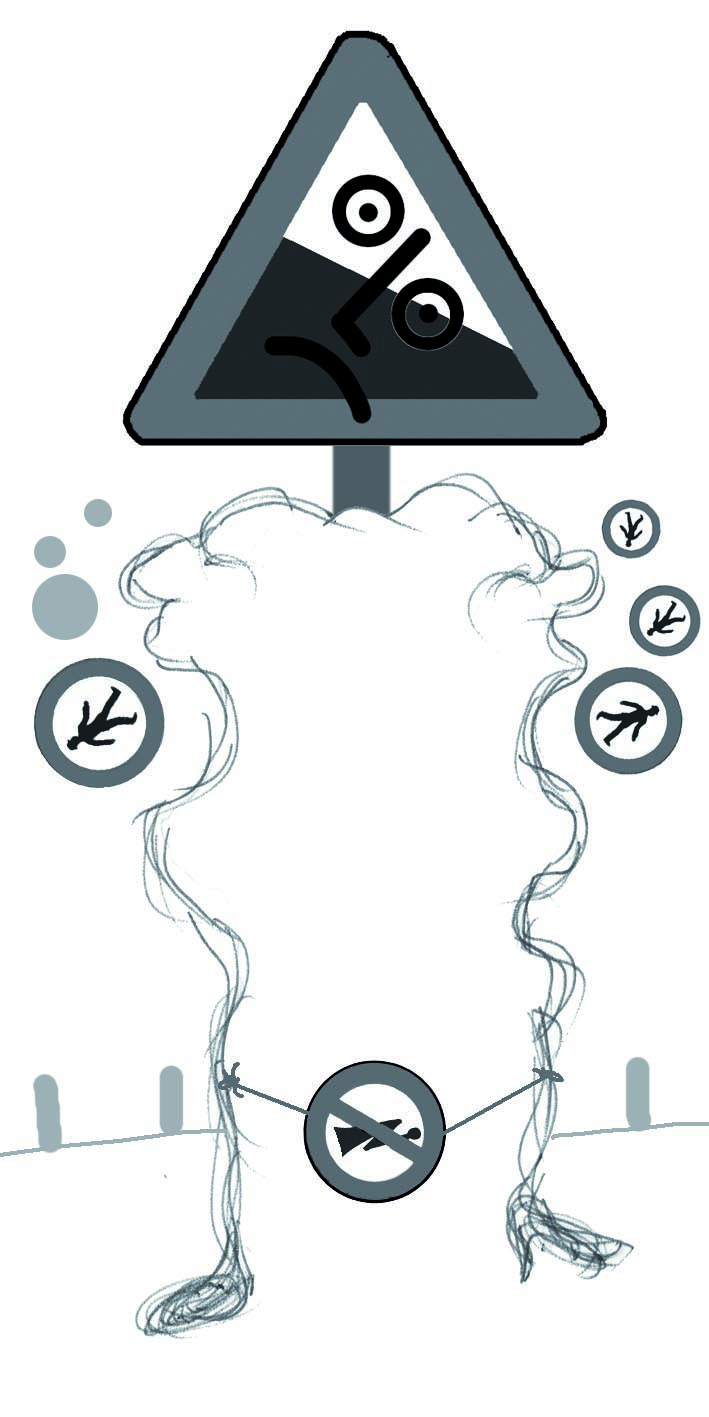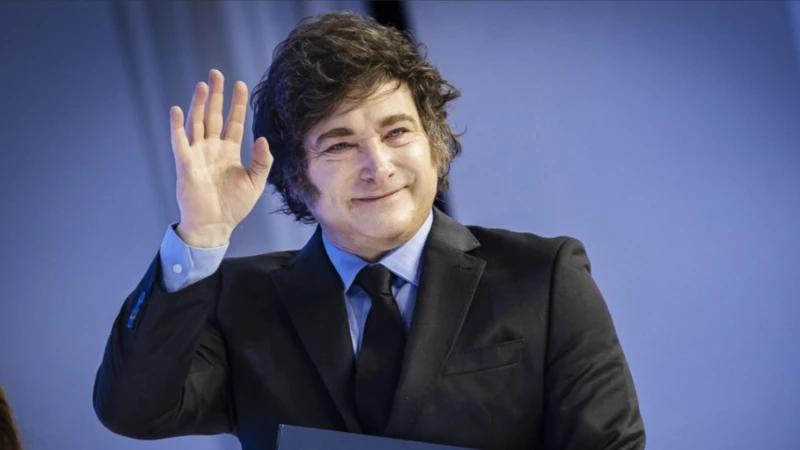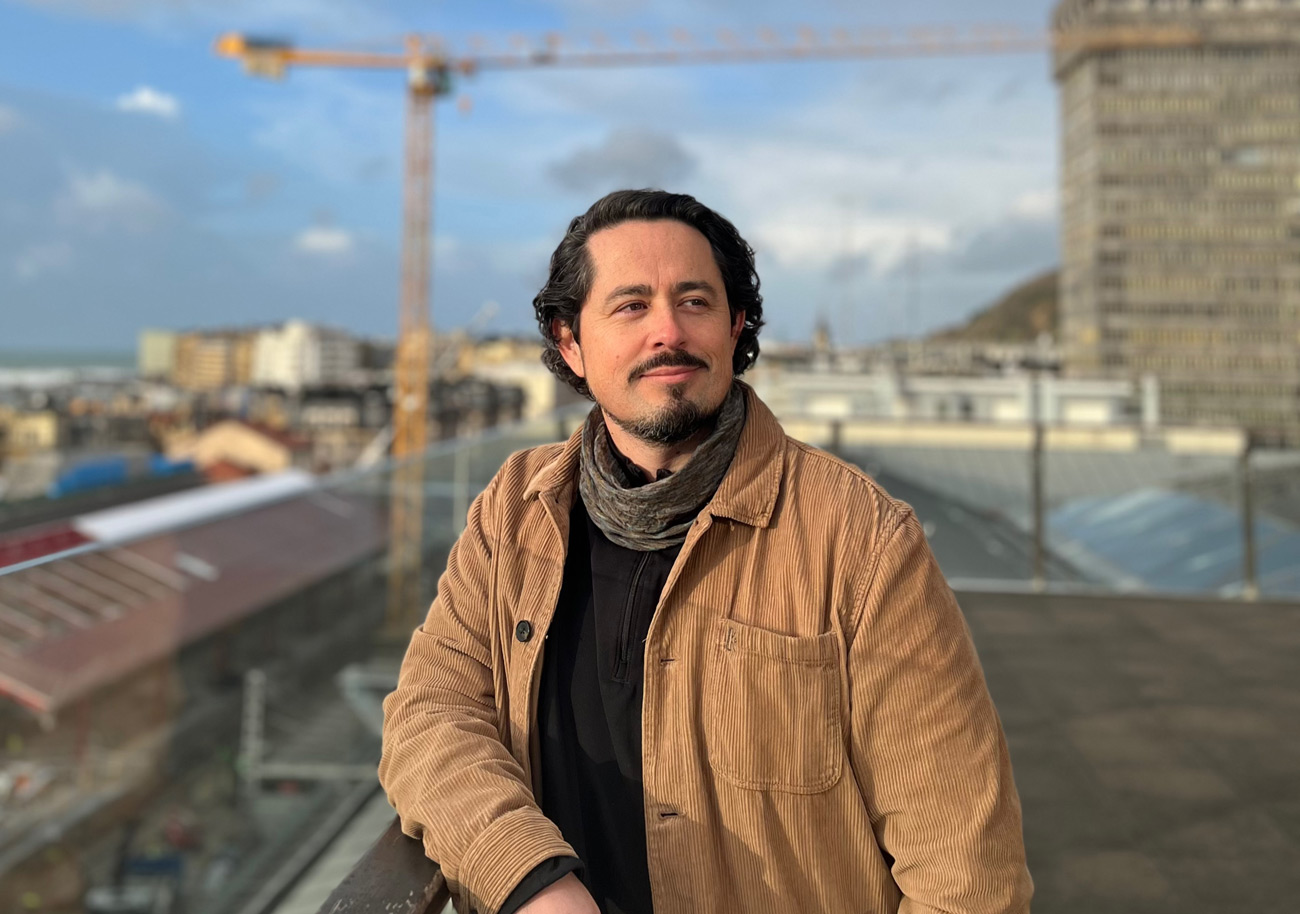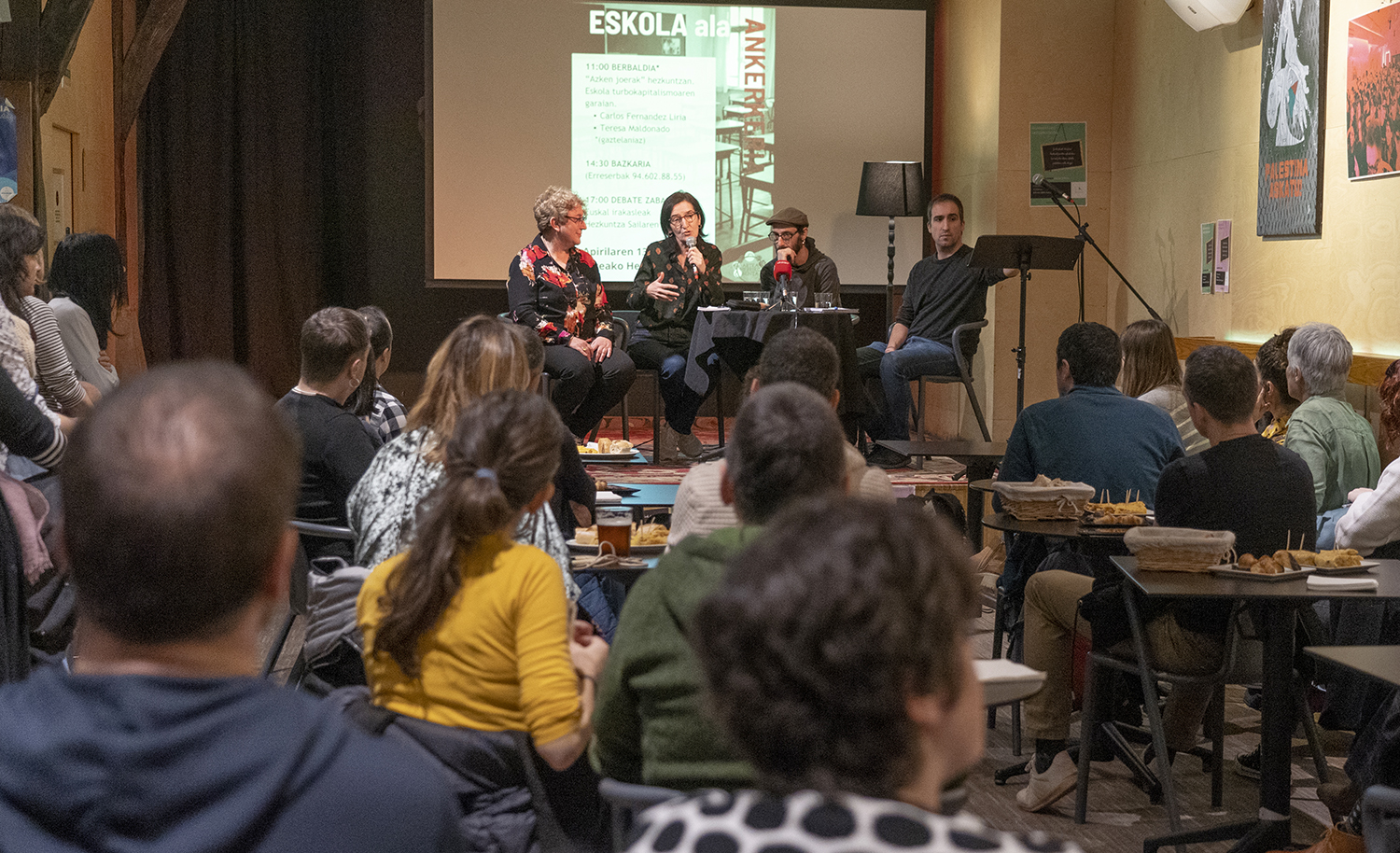Decadence

I have lost the thread of the conversation when one of the friends has calmly cast it “those of us who are in decline.” Sometimes it happens to me. I get an automatic face of attention and get stuck inside myself, without any definite purpose, indifferent to the drift of my thought; in the others, unfortunately more and more, I see the germ of a column of opinion or an article and, although at that moment I pretend to deasize, I continue with the distance of a few meters, where I take myself and how I will take advantage of it. On those occasions, I suspect that, after a dizzying rodeo around my thoughts, they lead me to a popularly known place.
“Those of us who are in decline,” I immediately asked myself – not my interlocutor, not to interrupt their actions without respect – whether I was involved in this inclusive plural. I had to reply immediately, because although my friend’s intention would have been another, we would hardly find that this phrase had not been applied to him, especially if it had been corrected a little and said “those of us who are in decline”. So it certainly means me. I have had other quick and simultaneous questions: it refers to me as a person of a certain age, a member of an age, a gender or, let us say, an agonizing way of a minority language and about to disappear.
Looking around me, I don't see that it doesn't bring me the memory of decay.
Decay is our main component. We accumulate decadencies, one within the other, enclosing each other. We cannot look at the world but through the decay filter. The decadence of an individual can be calculated in many ways, and it is difficult to determine which one is more real. Biological, cellular decay: from the moment the body begins to lose efficacy to keep its genes in other bodies. The perception of intellectual, social, cultural or even linguistic decline is an illusion, a projection, and we spend most of our energies against them, knowing that, in the end, although not dissipated, the consequence would be the same.
If I remember badly – although the most common thing is to remember badly – Xabier Montoia once said that the real commitment of literature is that we are all going to die, is to bring the reader in front of the eyes. Reflection can be applied to other arts. Another poet, Philip Larkin, whom I'm going to talk about in memory and, therefore, untruthfully, was surprised that people went to hospitals or saw an ambulance and didn't scream on the street, but rather realized the true argument of life, the only one. But we have for centuries finalized the means to be able to ignore until the last moment (one of them projecting the threat into a larger human space outside of us). The occasional confessions of decay are some of the few testimonies we let go. That's why I've lost the thread of the conversation, not because I'm an underserved person or a dreamer, or because I have to look for fodder for this article of opinion or for another, at any time and from any dialogue, but because we've lived in the background a unique and particular moment, although most preferred not to pay attention: we've mutually recognized that we're on the way to stop being cellular, autobiographical, social or social or cultural or cultural or cultural or cultural or social or social or cultural or social or cultural or social or social or cultural or cultural or social or cultural or cultural or social or social or cultural or cultural or social or cultural or cultural or social.
In 2021 we began to hear the first echoes of the Guggenheim Urdaibai project. The then General Manager Unai Rementeria told us that it would be done yes or yes. To reinforce his claims, he left 40 million euros “shielded” by the time the museums were built. There it is!... [+]
“I will overturn, overturn, overturn, it[...]”
Ezekiel 21:27 – King James Version
“Above all algorithms, below all algorithms”
Xabier Landabidea
I’m uncomfortable, uncomfortable with the almost religious attitude our society has taken towards technology, and... [+]























